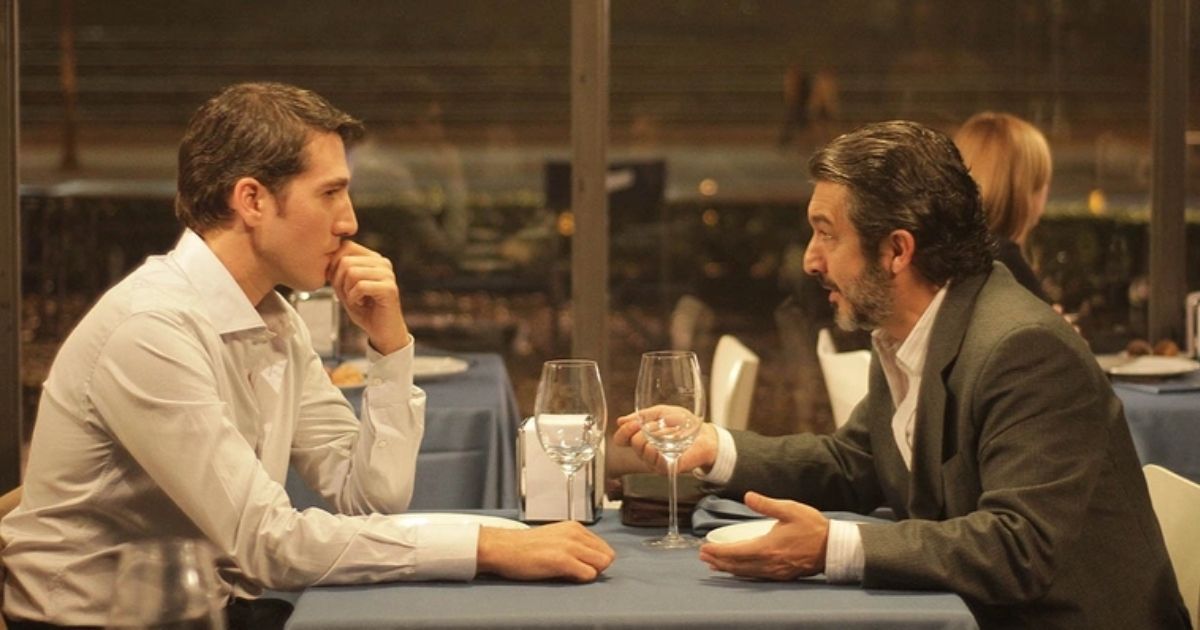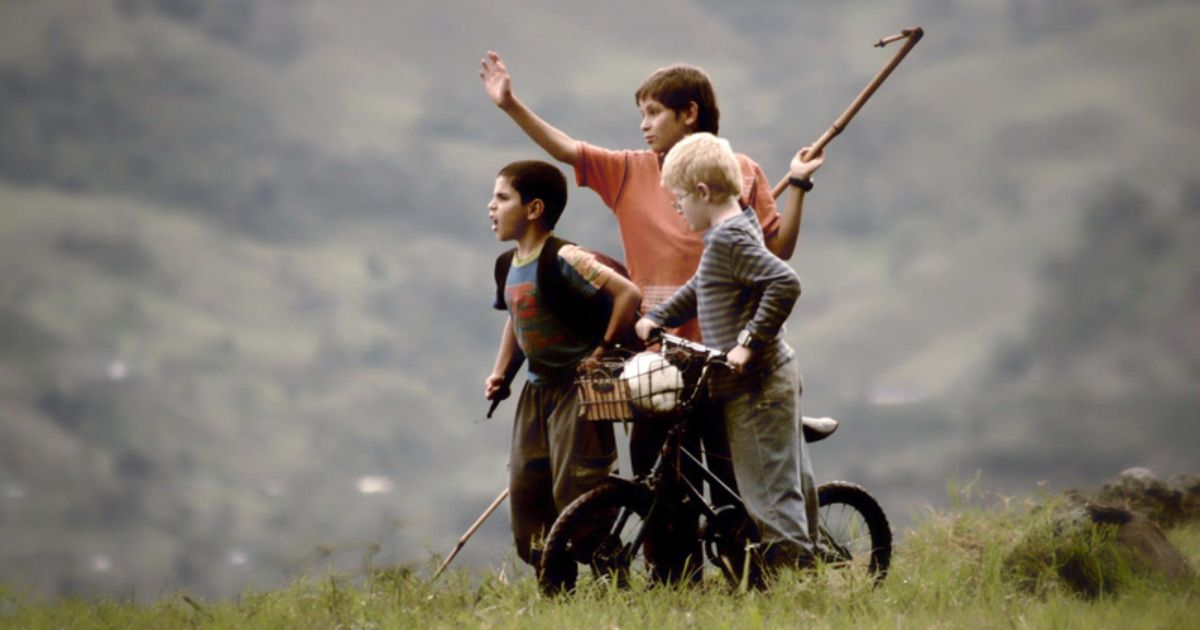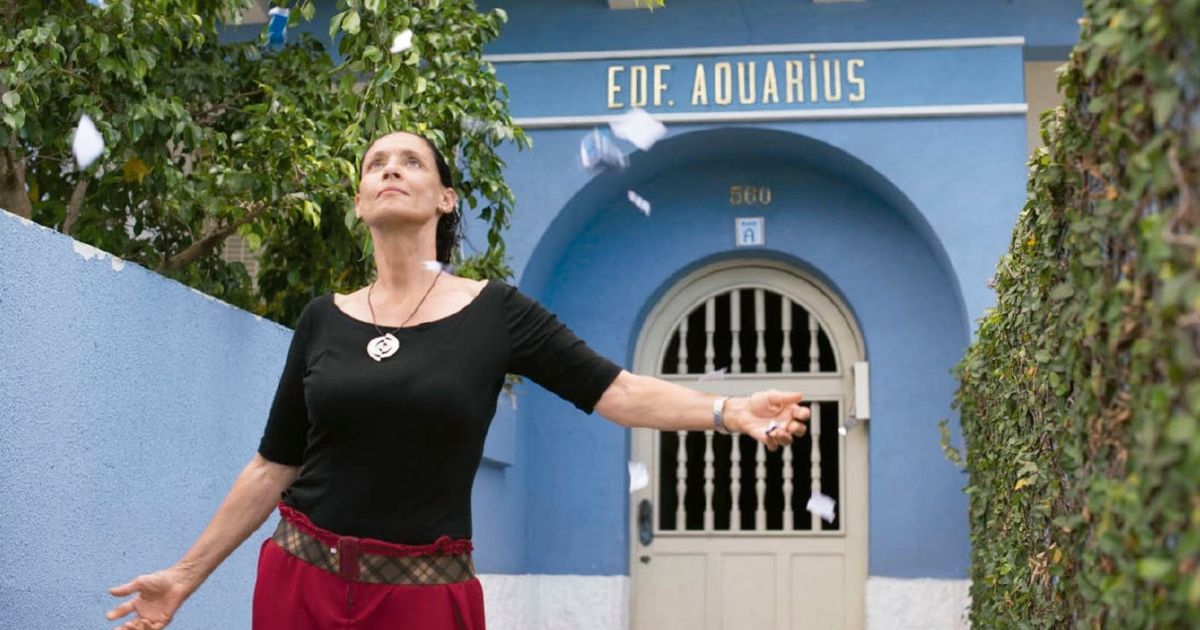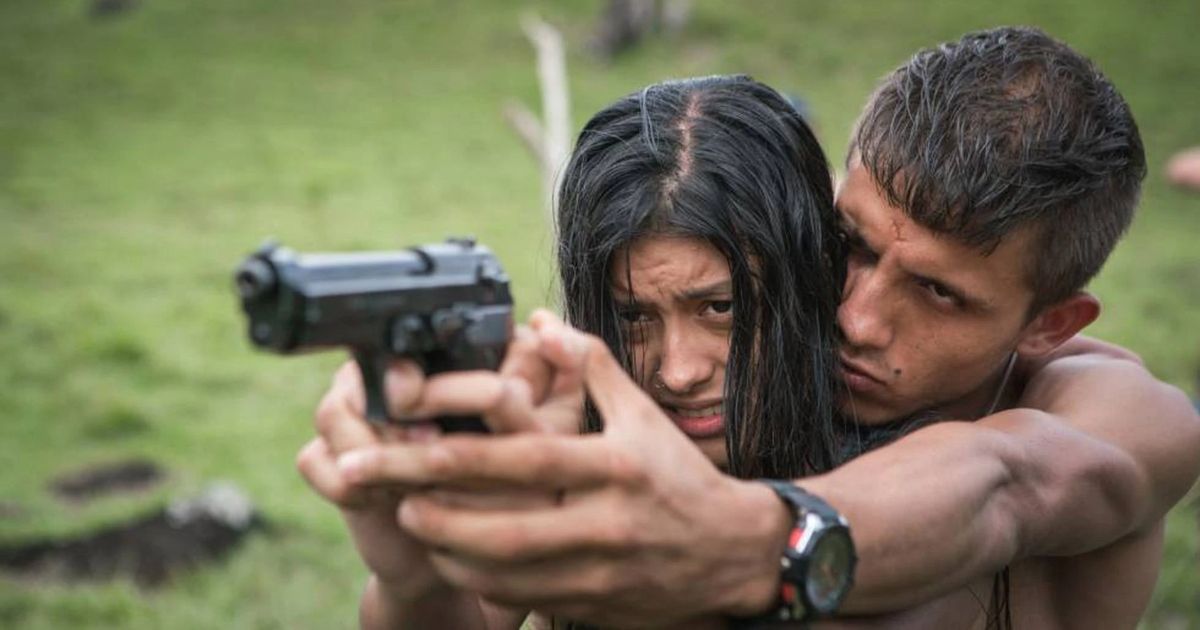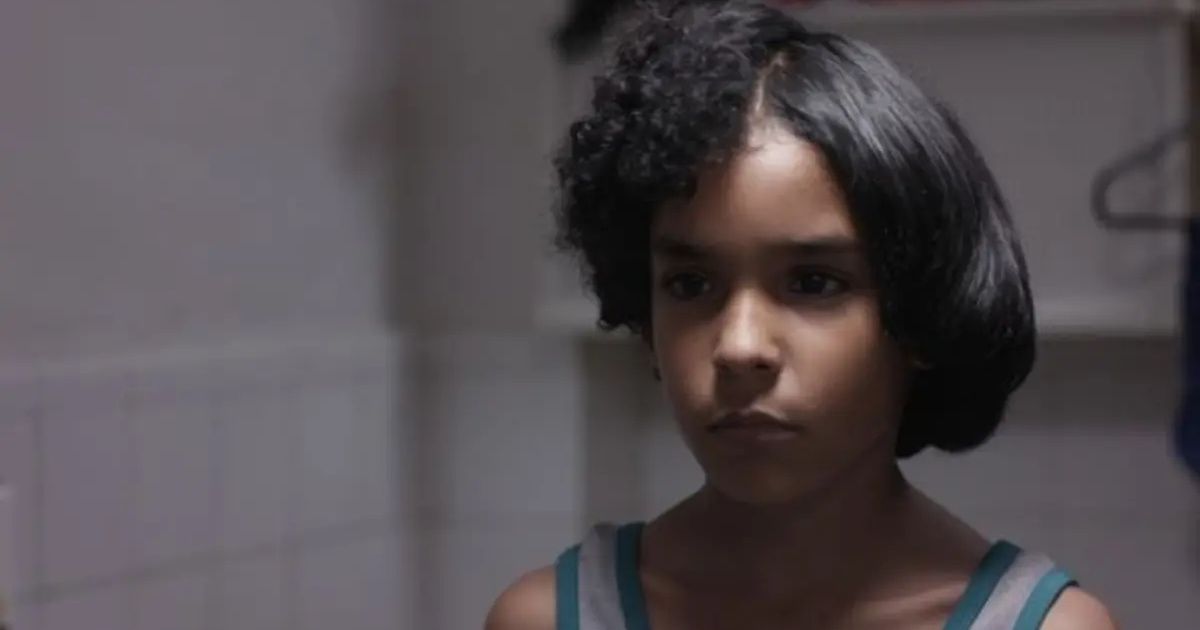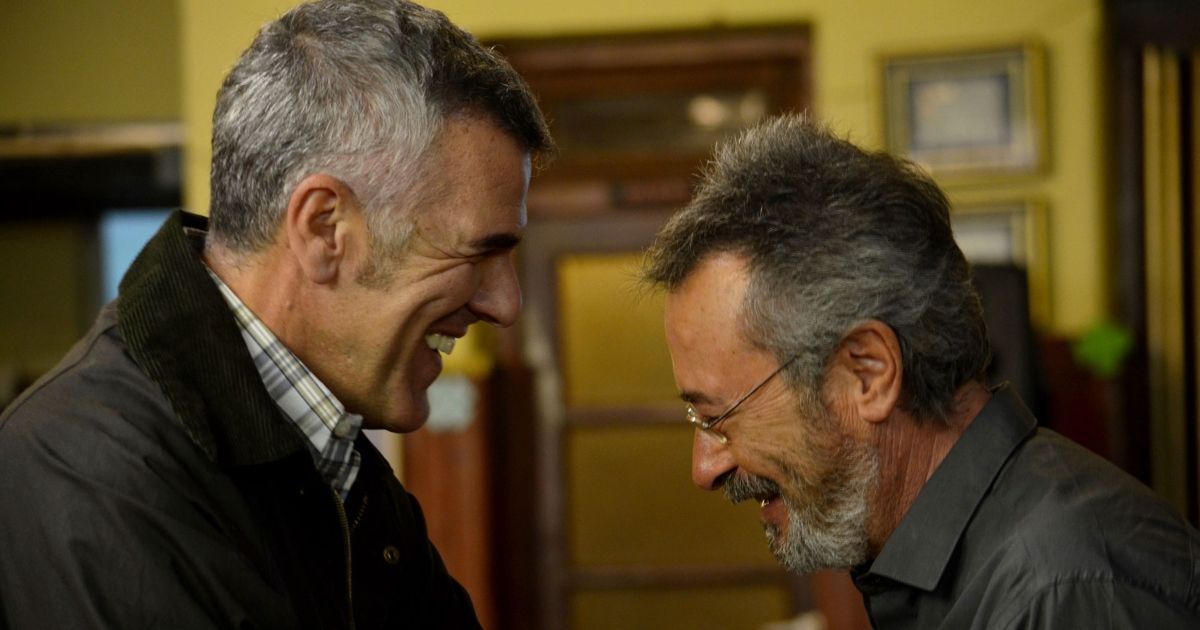Typically, when discussing international film productions, the movies that audiences think of tend to be of European or Asian origin. However, there is a major powerhouse in the film industry that has been quite overlooked, even in spite of the high quality of its productions: South America. Very few Latin American films managed to make their way into the international cinemas, despite being remarkable. But the ones that do, manage to conquer not only the audience, but also the critics, earning nominations and even winning Oscars for Best International Film, notwithstanding the controversies surrounding this category.
Within South America, the countries with the highest film production are Argentina and Brazil, although countries such as Colombia, Chile, Venezuela, Cuba, Bolivia, Peru, and Uruguay also generate a large number of films every year. Overall, Latin American cinema is strongly influenced by one subject: social issues. These countries' films are the best reflection of the continent's extreme social situations, periods of military dictatorships and political issues, and how they both affected the population, as well as marginalization. Many of them are harsh films, which raise the audience's consciousness, yet they most definitely deserve a prime spot on any moviegoer's watchlist.
This article will review some of the best Latin American films of the 2010s, and this, needless to say, excludes some major productions prior and subsequent to the decade that show high quality as well. For this reason, and due to its proximity to the decade, it is worth highlighting the film El Secreto de Sus Ojos (The Secret in Their Eyes), an Argentine drama and suspense production released in 2009 that went on to become the country's second Oscar-winning film. Even though this movie does not make it into the article's ranking, it has become one of the best Latin American films in history and merits a special mention. With that said, here are the best Latin American films of the 2010s.
8 Tesis Sobre Un Homicidio (Thesis On A Homicide)
When Ricardo Darín is cast in a production, there is no doubt that it will be a smash hit. This is exactly what happened with Tesis Sobre Un Homicidio, the 2013 Argentine-Spanish film that, since its premiere, topped the box office for almost a month. Directed by Hernán Goldfrid and inspired by Diego Paszkowski's novel of the same name, this thriller revolves around Roberto, a now-retired attorney who lives a chaotic life and is currently devoted to teaching. Late one night, while he was dictating his renowned course, a woman is found brutally murdered on university grounds. Roberto, suspicious of one of his own students, becomes involved in the investigation trying to uncover the truth. Joining Darín in the cast are Alberto Ammann, Arturo Puig, and Calu Rivero, among other actors.
7 Los Colores de la Montaña (The Colors of the Mountain)
Los Colores de la Montaña is a film that, in a very stark way, portrays the reality that millions of Colombians have suffered due to forced displacement, yet from the perspective of children. This 2011 production was awarded at the San Sebastián International Film Festival for the work of its director, Carlos Arbeláez, and received many other awards and nominations. Los Colores de la Montaña tells the story of Manuel, a boy from La Pradera who dreams of becoming a professional soccer player and, upon receiving a ball as a gift from his father, spends all of his free time playing soccer with his friends. But one day, his ball lands in the middle of a minefield, and the group of children set out on a mission to retrieve it. From that moment, the signals of an armed conflict start to disturb the peace and quiet of the town.
6 Gloria
Paulina García leads this 2013 Chilean production that has been awarded in a large number of festivals. Directed by Sebastián Lelio, Gloria is about a woman in her 60s who feels lonely, filling every day with many activities and spending her nights at singles' parties, where she has the most bizarre adventures. However, after meeting Rodolfo (Sergio Hernandez), her delicate reality gets a little shaken up: although Gloria intends to commit herself to the relationship, fearing that it might be her very last one, the man seems to be obsessed with her, and yet he has an overly dependent relationship with his ex-wife. In order to get through this new phase, Gloria must reconsider some aspects of her life and the way she interacts with others.
5 Aquarius
Aquarius is a Brazilian-French thriller written and directed by Kleber Mendonça Filho. This production was screened in 2016 at the 69th edition of the Cannes Film Festival and got nominated in several international festivals. The film introduces the audience to Clara (Sônia Braga), a retired journalist and writer who has been living in an apartment building called Aquarius for many years. All of a sudden, a company wants to buy all the apartments in the building in order to build a bigger one, and Clara is the only neighbor who refuses to sell. From that moment on, the woman and the company's promoter engage in a war over the apartment, a conflict that seems to have no limits nor ending.
4 Matar a Jesús (Killing Jesus)
Matar a Jesús is a 2017 Colombian film written and directed by Laura Mora, which was inspired by her own life. This production explores the boundaries of revenge and self humanity through the story of Paula, a 22-year-old who witnesses her own father, a popular professor at the public university of Medellín, being murdered. The outrage of this young woman and her family is huge, and it soon grows stronger when the matter is closed without any consequences for the murderers. A few months after the event, Paula crosses paths with Jesus, one of her father's killers, who does not recognize her. Since then, the girl decides to establish a relationship with him in order to take justice into her own hands. But her mission may not be as simple as she imagines, as Paula has to decide whether to break the cycle of violence or perpetuate it once again.
3 Pelo Malo (Bad Hair)
Focusing on the complex relationship between Marta, a young woman with financial difficulties, and her son Junior, who is only 9 years old, Pelo Malo explores sensitive issues such as discovering sexuality in childhood, homophobia, and other forms of discriminatory behavior within the family. This 2014 film is a co-production of Venezuela, Argentina, Germany, and Peru that was screened in the Contemporary World Cinema section at the Toronto International Film Festival. Pelo Malo features Junior, a boy with curly hair who disowns it and wishes to straighten it for his school picture. His desire leads to a conflict with his mother, who strongly disagrees because of the significance of this aesthetic decision for her. On the contrary, his grandmother is supportive, and suggests that Junior should stay and live with her, but Marta does not give in to this. Therefore, she starts to re-educate the boy according to her values, whereas Junior only wants to live with her and be accepted as he is.
2 El Ciudadano Ilustre (The Distinguished Citizen)
El Ciudadano Ilustre is a 2016 Argentine comedy-drama that was featured at the 73rd edition of the Venice Film Festival, where Oscar Martínez, its leading actor, won the Volpi Cup. The movie is directed by Mariano Cohn and Gastón Duprat, and inspired by the popular Argentine proverb "Pueblo chico, infierno grande" (small town, great hell). El Ciudadano Ilustre chronicles the life of Daniel Mantovani, an Argentine writer who was awarded a Nobel Prize for Literature and has been living in Barcelona for four decades. In his novels, Mantovani paints a harsh portrait of life in Salas, a small town in Buenos Aires where he used to live in his youth. One day, he receives a letter from Salas inviting him to be honored with the town's most prestigious recognition: the medal of Distinguished Citizen. Surprisingly, Daniel decides to return. However, he does not anticipate that on this trip to his origins he soon encounters all the things that made him run away from his hometown in the first place.
1 Relatos Salvajes (Wild Tales)
This Argentine anthology impeccably directed by Damián Szifron ranks at the top of this list. Relatos Salvajes features many of the country's greatest actors, including Ricardo Darin, Oscar Martínez, Leonardo Sbaraglia, Érica Rivas and Rita Cortese, and was an Academy Award-nominated production, honored at the Goya Awards and widely acclaimed at the 2014 Cannes Film Festival. Shattering records for being the highest-grossing film in the history of Argentine cinema, Relatos Salvajes delves deep into the violence that lies within every human being through six independent stories with a common theme: the characters are subjected to situations that make them lose control. From a car ticket that triggers the driver's madness to a bride who discovers that her brand new husband cheated on her on their wedding day, the tales compiled in this film are delightful, and invite the audience to experience first-hand what happens when the thin line between civilization and barbarity is crossed.


